Showing 1 to 45 of 45 results.
RQI Investors has a dedicated team of portfolio managers and analysts responsible for the research, construction, portfolio management, trading and institutional sales and service of its underlying investment strategies.
RQI Investors, an Australian-based active quantitative equities manager and part of the First Sentier Investors Group, today launches across the UK and continental Europe to coincide with its 15-year anniversary in Australia.
In these articles the quantitative investment manager RQI Investors highlights a range of topical issues in financial markets and quantitative investing.
RQI Investors, an Australian-based global quantitative manager within the First Sentier Investors group, that manages US$15.4bn, today launches a UCITS vehicle of its successful Global Value strategy available to UK, European, Singaporean and Canadian investors.
Discover how our equity managers with one of Australia's longest track records provide capital and income growth by investing in the Australian share market.
Our recent paper on Extreme Concentration focussed on the US (and so Developed Markets). This was the natural as the central issue of concentration was among the top 10 stocks in the US, among them, the “Magnificent 7”.
The quantitative investing universe can be confusing - whether you might have been afraid to ask or yet to discover these terms, we’re here to help.
RQI Investors’ quantitative value strategies have a long history of outperformance versus peers and value indices. Our disciplined, highly active, and repeatable value investing process provides investors with a benchmark unaware, diversified equity portfolio that is cost competitive versus fundamental active stock pickers.
Diversified Alpha is a core systematic strategy designed to deliver consistent, risk-adjusted returns above the benchmark, with Environmental, Social and Governance (ESG) considerations embedded into the process.
Concentration in equity markets has reached unprecedented levels. While this has driven remarkable returns for a narrow slice of the market, it raises critical questions about diversification, valuation, and risk for equity investors.
We examine the characteristics and trend of a well-known measure of quality - Profitability. Firstly, we discuss some of the reasons why it is a useful measure and why it might be persistent through time. It is a strong contributor to alpha, both on the long and short sides.
The debate over the importance of intangible assets continues, in academia and in the market. Parts of the investment community dispute the inclusion of intangible assets in a company’s asset base, claiming that the definition of intangibles is too restrictive or perhaps not restrictive enough.
We consider ESG risks to be factors that may place business value at risk. Companies at risk are identified using both external providers and our own internally driven research, which is based on a systematic and extensive company meeting program.
Concentration in equity markets has reached unprecedented levels, particularly in the United States. A select few mega-cap stocks, colloquially referred to as the "Magnificent 7," now dominate market indices, reflecting a convergence of technological innovation, speculative enthusiasm, and the allure of generative AI.
Read regular news updates, research papers, investment strategy updates and thought pieces from our leading investment experts.
First Sentier Investors, a leading global investment manager, today announces that it is setting its first nature targets as a Taskforce on Nature-related Financial Disclosures (TNFD) Adopter, in the lead up to the inaugural Global Nature Positive Summit hosted in Sydney this week.
Corporate culture is a powerful dynamic in a company. It is the set of beliefs and attitudes about the way things are done, and so is a key component of many corporate functions.
First Sentier Investors, a leading global investment manager is pleased to announce the appointment of Adele Swan as the new Chief People and Culture Officer, effective 24 June. Ms Swan is based in Edinburgh, reporting to the CEO, Mark Steinberg.
Leveraging our recent paper, ‘Reducing carbon intensity in portfolios: Better news than you think’, which analysed the investment impact of reducing carbon exposure versus the benchmark; we turn our attention to how we can reduce carbon risk in our Value strategies. This aligns with our commitment to reducing carbon exposure across our strategies.
The advent of Artificial Intelligence (AI) is affecting ever expanding fields of human activity. And the way we invest is no exception. It’s never been more timely for investors, advisors and investment managers to take deep stock of the impacts, real and potential, of AI, so we can better prepare to manage them – whether by leveraging opportunities, managing new risks or, more likely, both.
This article focuses on three of the PAIs related to Biodiversity Areas, Emissions to Water, and Hazardous and Radioactive Waste. Each PAI provides details about the measures, some of the challenges related to them, and how investors may use the information they provide.
The Sustainable Finance Disclosure Regulation (SFDR) for the European Union Mandates the disclosure of the Principal Adverse Impacts (PAI) that investment decisions have on sustainability factors.
The Sustainable Finance Disclosure Regulation (SFDR) requires asset managers to report on up to 20 Principal Adverse Impact (PAI) indicators. PAIs are the negative impacts caused by a firm or an asset on the environment and society.
First Sentier Investors, a leading global investment manager, is pleased to announce the appointment of Jamie Downing as the new Head of Distribution in EMEA, as the business continues to strengthen its global distribution team.
We believe financial markets, critical to society’s ability to function, are under threat. For too long, it has been widely accepted that short-term performance, growth, risks and financial returns should be maximised at the expense of environmental and social outcomes.
2024 was a year marked by global inflation and economic growth concerns against a backdrop of worldwide elections. As we head into 2025, volatility will remain an enduring constant.
First Sentier Investors is pleased to announce two key leadership appointments, effective 1 January 2025. Harry Moore is appointed to the newly created role of Chief Commercial Officer; and Lauren Prendiville is appointed as the new Global Head of Distribution and Marketing.
First Sentier Investors announced the appointment of Ashley Conn as Chief Financial and Strategy Officer.
Head of Asian Fixed Income, Nigel Foo provides an outlook into 2025 for the strategy.
This paper outlines the responsible investing approach adopted by various First Sentier Investors investment teams across the globe. It involves a holistic way of thinking that addresses multiple impacts across multiple environmental, social and governance (ESG) measures. We believe it can lead to better long‑term financial and sustainability outcomes, across more measures, than more traditional frameworks.
Global asset management group focused on providing high quality, long-term investment capabilities to clients. We bring together independent teams of active, specialist investors who share a common commitment to responsible investment principles.
Diversity is a business issue as well as an ethical one. There is a raft of research demonstrating that gender diversity contributes to better business and economic outcomes.
Last quarter I visited infrastructure companies in Tokyo, Osaka and Nagoya. The trip included visits to ten corporate head offices and three site tours. This paper seeks to share some of the key findings from my meetings with Japanese passenger rail and utility companies.
Recently I attended the largest US utility conference, the 2024 Edison Electric Institute (EEI) Financial Conference, in Hollywood, Florida. I met with management teams from 26 regulated electric and gas utility companies.
In September 2023, I met more than 30 global listed infrastructure companies and stakeholders from the UK, Europe and China. The following travel diary summarises my impressions and findings from these meetings.
Conventional economic theory assumes individuals are perfectly rational in their decision making under uncertainty. This is usually known as expected utility theory. It is different to prospect theory, which represents more how people actually behave (“irrationally”?) rather than how they are expected to behave.
Climate change and global warming pose systemic risks to society and the global economy. It impacts the availability of resources, the price and structure of the energy market, the vulnerability of infrastructure and the valuation of companies.
Global Listed Infrastructure delivered positive returns during the June quarter, reflecting positive investor sentiment and generally robust fundamentals.
Global Listed Infrastructure delivered strongly positive returns during the September quarter, aided by robust quarterly earnings numbers and the US Federal Reserve’s first interest rate cut since 2020.
2024 was a good year for global listed infrastructure. Strong earnings for energy midstream and a step-change in the earnings growth outlook for utilities helped the asset class to shrug off rising bond yields and political uncertainty.
Over the last decade the electricity sector has been at the forefront of decarbonisation, ahead of transport, industry and agriculture.
This paper asserts that macro towers will remain at the heart of a modern, mobile data communications network despite the continual development of new technologies.
Global listed infrastructure underperformed in 2023 owing to rising interest rates and a shift away from defensive assets. Relative valuations are now at compelling levels. Infrastructure assets are expected to see earnings growth in 2024 and beyond, aided by structural growth drivers.
Global listed infrastructure gained during the March quarter as mounting tariff concerns drove a rotation into defensive assets. The Fund returned +2.5% after fees, compared with a +0.5% return from its benchmark index.
Global listed infrastructure gave up ground in the December quarter as a 78 basis-point increase in US 10-year bond yields weighed on interest rate-sensitive assets.
Get the right experience for you
Your location :  Norway
Norway
Australia & NZ
-
 Australia
Australia -
 New Zealand
New Zealand
Asia
-
 Hong Kong (English)
Hong Kong (English) -
 Hong Kong (Chinese)
Hong Kong (Chinese) -
 Singapore
Singapore -
 Japan
Japan

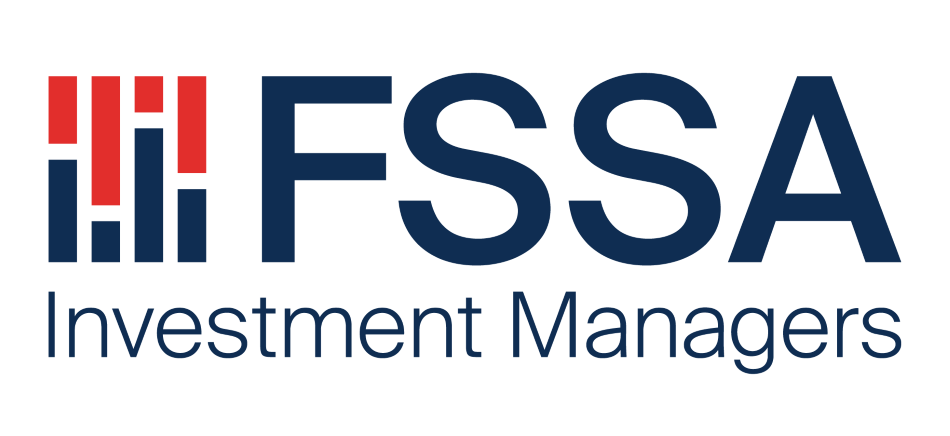
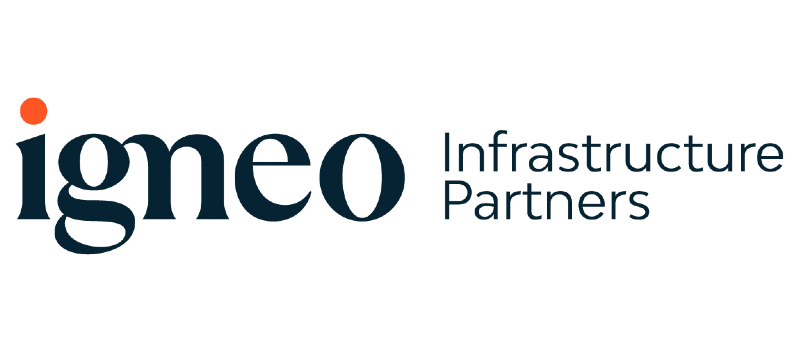
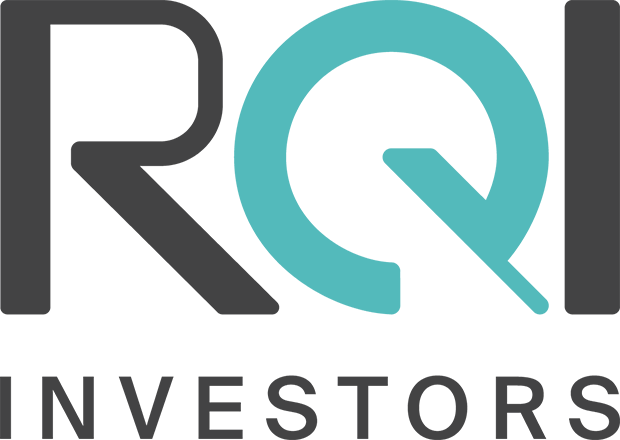


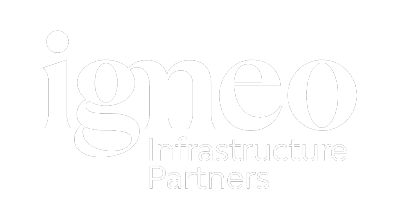


















 United Kingdom
United Kingdom 